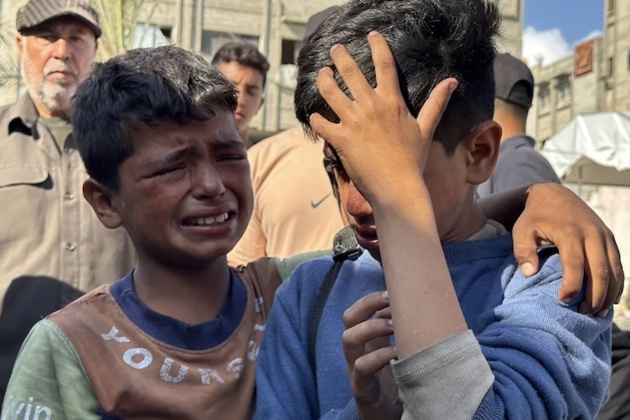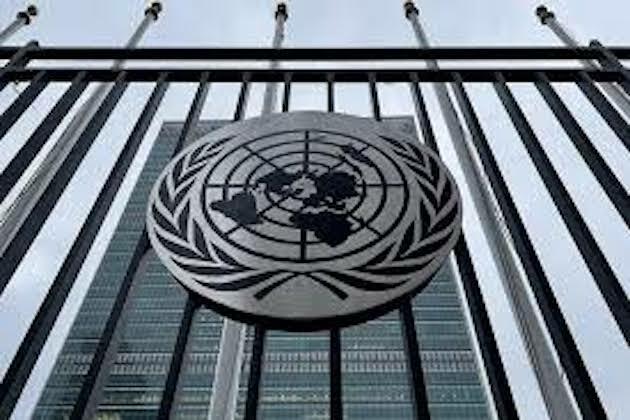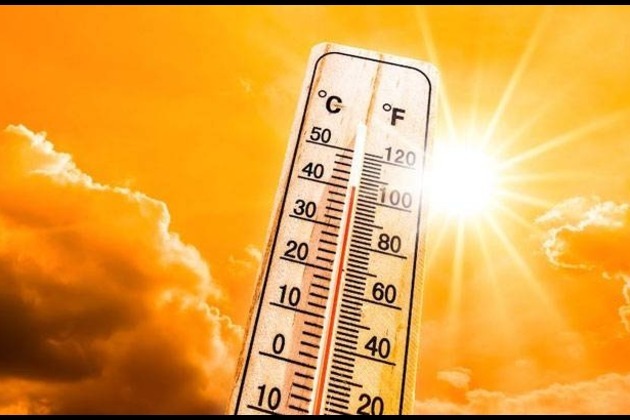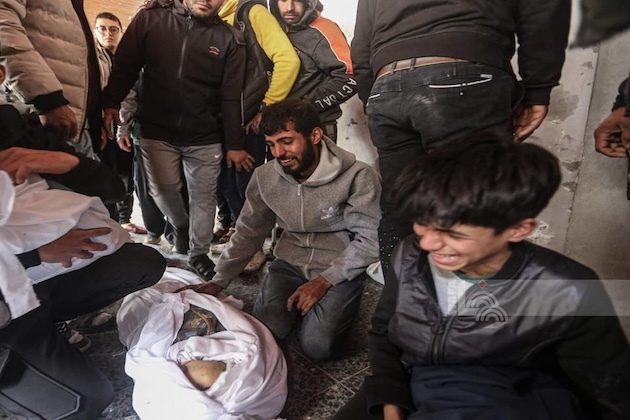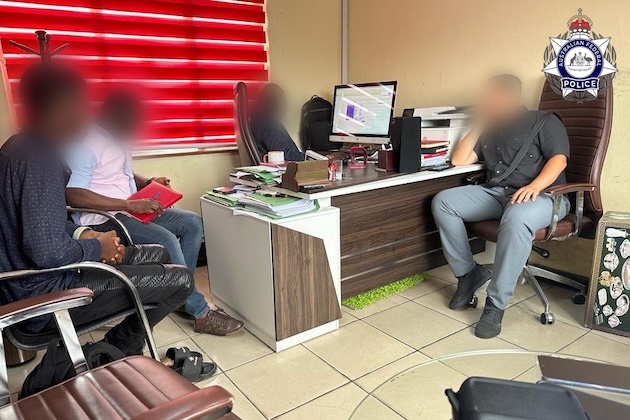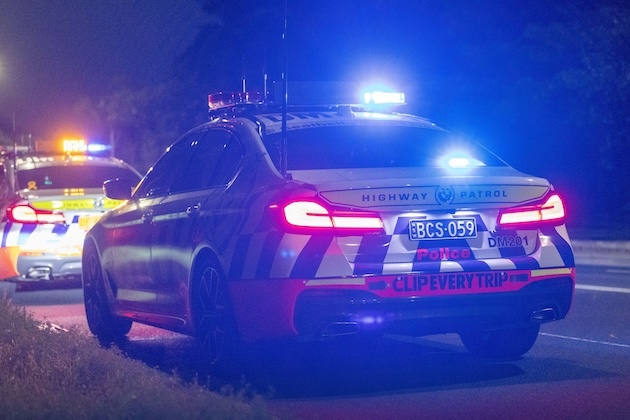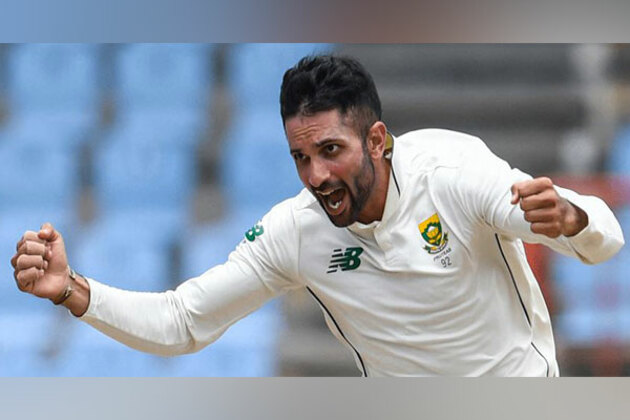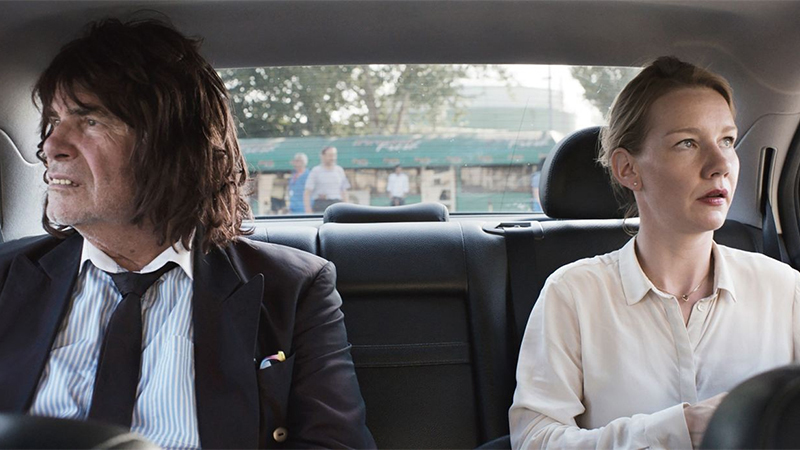Young people who witness domestic violence are more likely to be victims of it. Here's how we can help them
The Conversation
04 Jun 2025, 04:07 GMT+10
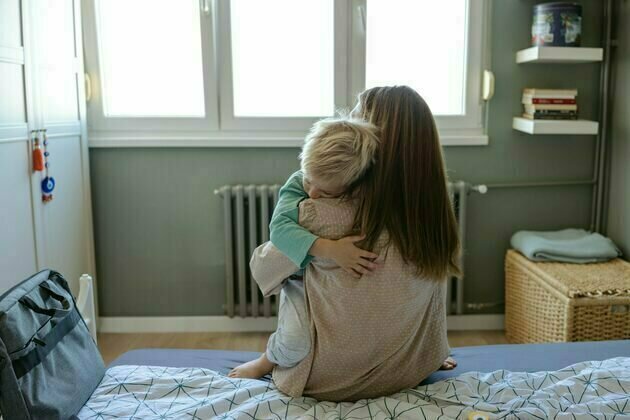
In our national discussions on domestic and family violence, much of the focus is rightly on the women experiencing the violence and how best to help them.
But another vital, less acknowledged part of the puzzle is the impact on children.
Children and young people exposed to, or witnessing domestic violence between their parents or primary caregivers is widely recognised as a form of child abuse.
They can be placed in otherwise unthinkable scenarios. These include being forced to spy on a parent, defending a parent, intervening to stop the violence, or being used as a hostage.
After the event, young people can be the ones assisting with injuries, calling for emergency services and witnessing police intervention. Sometimes, they're forced to leave the home and seek refuge.
As we seek to end violence in a generation under the national plan, focusing on children will be key.
Evidence shows children living with domestic violence have greater rates of learning difficulties, poor health and wellbeing and may exhibit challenging behaviours.
The Australian Personal Safety Survey (2021-2022) identified one in eight adults (13%) witnessed violence between their parents or caregivers before the age of 15.
People were twice as likely to have witnessed violence towards their mother than their father.
There is also emerging evidence children and young people exposed to domestic violence are more likely to be victims of multiple forms of maltreatment.
The Australian Child Maltreatment Study invited people aged 16 and older to participate. Four out of ten young people (aged 16-24) who responded to the survey and experienced childhood abuse, also reported more than one type of abuse.
Australians who witness violence against their mother as a young person are 2.5 times more likely to become victims of intimate partner domestic violence from the age of 15, compared to people who are not exposed to domestic violence during childhood.
We don't know why they are at greater risk, but one theory is that children who grow up in a domestic violence household may minimise or normalise the behaviour.
The Australian National Community Attitudes Survey on Violence Against Women shows a quarter of Australians (23%) minimise domestic violence, believing it's is an overreaction to day to day stress.
We don't know how many people in Australia who witness domestic violence as a child become perpetrators of intimate partner abuse as adults.
Howeve, global studies have found witnessing parental violence as a young person is the highest risk factor associated with likelihood of perpetrating violence in adult relationships (28%). This is closely followed by permissive attitudes on violence against women (24%).
New data released by the Australian Institute of Family Studies further reveals men who grow up with positive father figure role models expressing affection are 48% less likely to become perpetrators of family violence in adulthood.
While there is a real increased risk of adult domestic violence among children who witness parental domestic violence, it is not the majority.
One in three (34%) Australian women who witness parental domestic violence against their mother become victims of adult domestic violence themselves. It's one in seven (14%) men.
As researchers, we are usually identifying a problem, rather than examining positive outcomes. This means less attention has been paid to understanding resilience and what protects young people.
Our research team has conducted two projects in which we spoke with young people about their experience of living with fathers who abused their mothers.
While we focused on amplifying their voices and asking what they wanted to say to their fathers, it was common for them to mention they were fearful of forming their own intimate partner relationships.
They had heard of cycles of intergenerational violence and did not want to become like their fathers.
An evaluation of a pilot project working directly with children and young people in the western suburbs of Melbourne found children living with domestic violence experienced present fear, overwhelming worry about their future, and an inability to form positive friendships.
Receiving one-on-one, intensive support helped them with improved confidence, decreased fear and overall increased happiness.
Both of these example studies with children and young people are small. Conducting research with children and young people involves greater attention to risk, ethics and safety, and often requires a greater amount of time for the whole process. Many projects are not sufficiently funded to include the voices of young people.
The available research shows the concerning long-term impact of childhood exposure to domestic violence, but it also shows hope.
It is a minority of children in these circumstances who become victims in adulthood, and we estimate also a minority who go on to perpetrate violence.
Reparative work with children does show their lives can be greatly improved. The participation of young people in research and the recent Australia's National Research Organisation for Women's Safety conference also shows they can clearly articulate an understanding of their experiences, what has worked for them, and importantly, what is not effective.
We have good evidence for what can work to prevent and end family violence if there is sufficient long-term investment.
But children's needs have been under investigated. We would benefit from better understanding of what can help young people exposed to domestic violence and the positive impact of early intervention.
The National Sexual Assault, Family and Domestic Violence Counselling Line - 1800 RESPECT (1800 737 732) - is available 24 hours a day, seven days a week for any Australian who has experienced, or is at risk of, family and domestic violence and/or sexual assault.
 Share
Share
 Tweet
Tweet
 Share
Share
 Flip
Flip
 Email
Email
Watch latest videos
Subscribe and Follow
Get a daily dose of Australian Herald news through our daily email, its complimentary and keeps you fully up to date with world and business news as well.
News RELEASES
Publish news of your business, community or sports group, personnel appointments, major event and more by submitting a news release to Australian Herald.
More InformationInternational
SectionGazan aid centers described by UN as "death traps"
JERUSALEM (CNN) - Palestinians on their way to receive aid from a distribution site in southern Gaza have come under fire for a third...
U.S.-China tensions flare again as Trump threatens tougher stance
WASHINGTON, D.C.: Tensions reignite in the U.S.-China trade truce after President Donald Trump accused Beijing of violating a recent...
UN faces $3.7 billion budget trim, staff cuts amid funding crisis
NEW YORK CITY, New York: Facing a deepening financial crisis, the United Nations Secretariat is planning to cut 20 percent of its US$3.7...
Study: Half the world faced added heat wave month due to warming
SAN JUAN, Puerto Rico: More than 4 billion people worldwide endured at least one extra month of extreme heat between May 2024 and May...
Dozens dead as Israeli military opens fire on starving Gazans
GAZA - At least 32 Palestinians were killed and more than 200 wounded after Israeli forces opened fire on crowds waiting for food at...
South Korean candidate Lee seeks constitution change
SEOUL, South Korea: On May 30, South Korea's leading left-wing presidential candidate, Lee Jae-myung, said he wants to change the Constitution...
Sydney
SectionAFP Helps Bust International Sextortion Ring After Teen Deaths
SYDNEY, NSW, Australia - A major international operation targeting online sextortion has resulted in the arrest of 22 suspects in Nigeria,...
Three boys, 14, 15 and 15 charged with assault and robbery at Barangaroo
SYDNEY, NSW, Australia - A teenage boy has been admitted to hospital, while three younger boys have been arrested, charged, and detained...
Wanted Queenslander Charged After Loaded Gun and Drugs Found in BMW
SYDNEY, NSW, Australia - A 45-year-old Queensland man has been charged after police allegedly discovered a loaded revolver, a prohibited...
Young people who witness domestic violence are more likely to be victims of it. Here's how we can help them
In our national discussions on domestic and family violence, much of the focus is rightly on the women experiencing the violence and...
Ahead of the Brisbane Olympics, it's time for Australia to get serious about esports
Most of us have heard of esports but many don't realise the fast-growing world of competitive video gaming features tournaments, university...
Keshav Maharaj hails leadership of Bavuma, Conrad ahead of WTC final against Australia
London [UK], June 3 (ANI): As South Africa gears up for the ICC World Test Championship (WTC) final against Australia at Lord's on...

